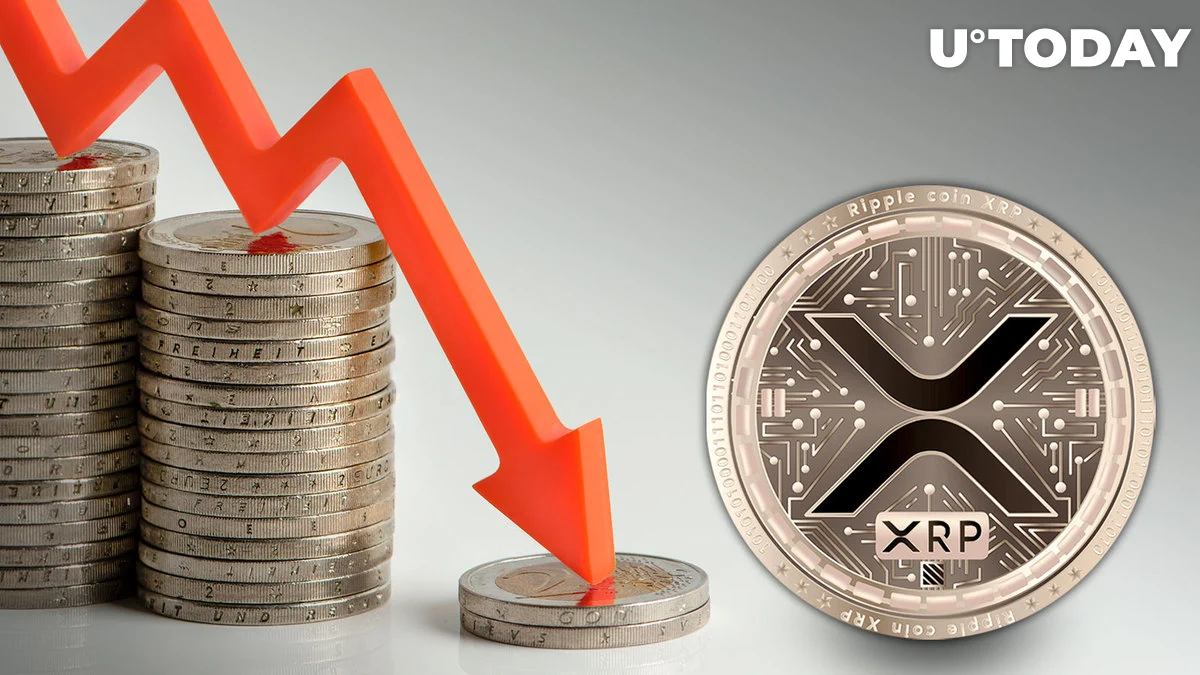
On October 9, as negative pressure started to build, XRP fell along with the rest of the cryptocurrency market. XRP, the fifth-largest cryptocurrency by market capitalization, hit a three-week low, or lows last seen on September 18, falling to intraday lows of $0.487 from highs of $0.52.
Although XRP had somewhat recouped some of its earlier losses at the time of writing, it had still down 3.81% over the previous day to reach $0.509.
An intriguing detail about the recent drop in the price of XRP is brought up by lawyer and XRP supporter Bill Morgan.
Morgan drew attention to the similarity between the most recent price decline and the one that followed Judge Torres’ summary judgement decision in July.
https://x.com/Belisarius2020/status/1711312367517376868?s=20
The proponent of XRP said that since Judge Torres recently rejected the SEC’s request for an appeal, XRP has completely erased all of its gains.
After Judge Torres rejected the SEC’s request to appeal, XRP surged to a high of $0.549, gaining over 9% on October 3. This is yet another victory for Ripple in the lawsuit.
But when profit-taking set in, the gains were reversed, and since its amazing ascent on October 3, XRP has spent five of the previous six days in the red. As a result, XRP fell below its 50 and 200 day moving averages, which were $0.51 and $0.527, respectively.
At the moment, XRP is down 2.68% for the month of October, eliminating all of its gains. The similar pattern of profit-taking occurred, and on July 13, when Judge Torres issued the summary judgement verdict that was partially in Ripple’s favour, XRP reversed gains after reaching highs of $0.938.
Benjamin Cowen, a crypto specialist, commented on the recent decline in altcoin prices and noted that it was a normal part of the market cycle: “Specifically, BTC declines, but BTC dominance rises since altcoins are falling more. The hardest period of the market cycle is always there.
The crypto expert earlier emphasised an eye-opening truth in the XRP pricing condition, claiming that liquidity instead of narratives controls the market.


















